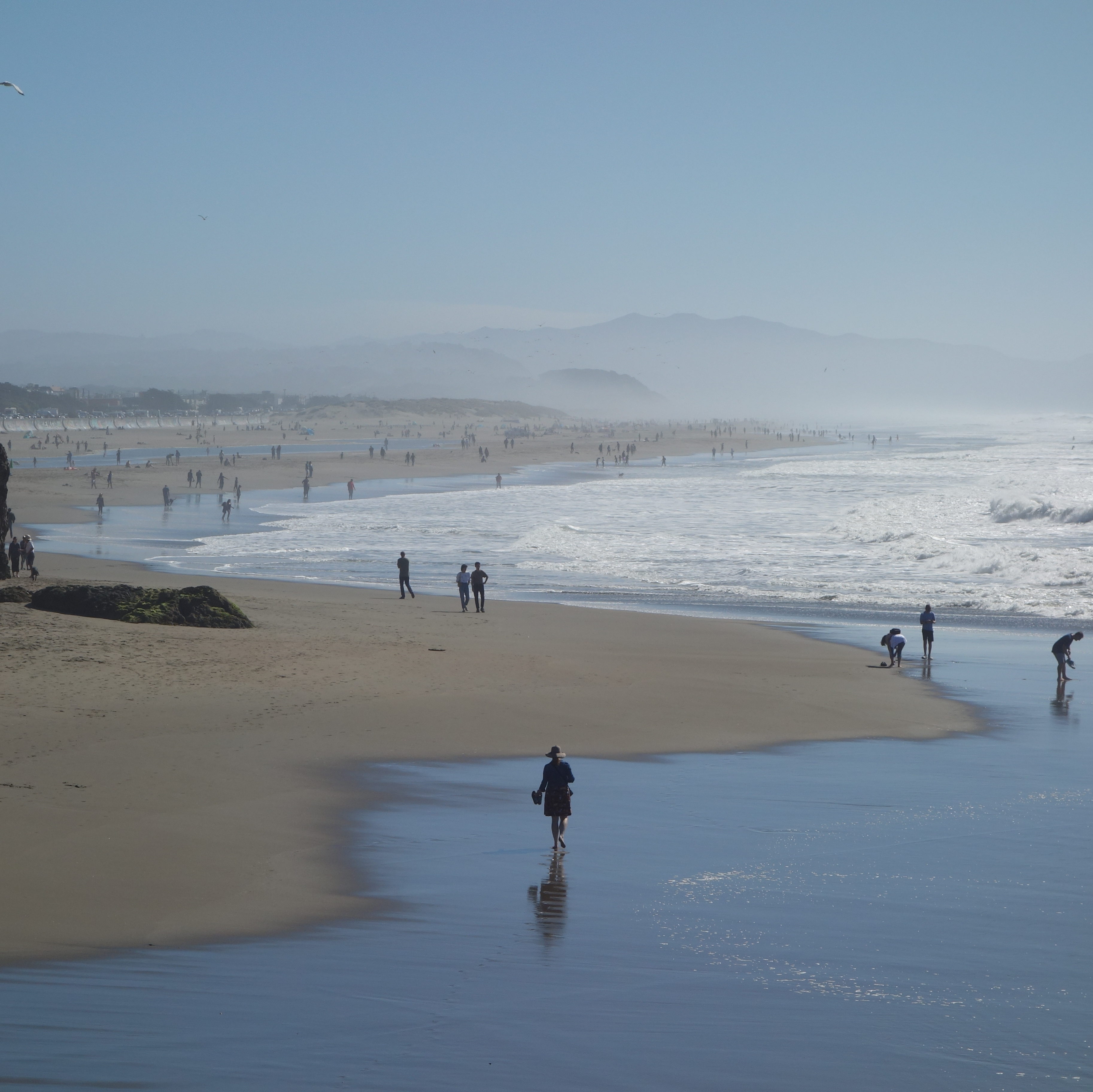Love Your Monsters is a collection of essays that advocate a fairly extreme approach to environmentalism which involves embracing the anthropocene as an opportunity by focusing on technology and celebrating change. While many of the ideas are fairly far out from many more common forms of environmentalism, even for many scholars in the subject, it offers a variety of insights into our current relationship with nature and technology.
A common belief in popular environmentalism is that we are destroying the natural world and should stop that and begin restoring what ecosystems and natural processes we have disrupted. Love Your Monsters reminds us that humans have had impacts on their environment as long as we’ve been around on this planet. As human society advances, more rapidly than ever before, there seems to be more of a sense of separation between the human and the non-human, or the natural and the artificial. The technology of today has become far to complex for most to understand, so we forget that it was just us who made it, and thus it needn’t be that different from any other technology that humans have invented (agricultural tools, the printing press, lightbulbs). It seems as though our advancements have become complex beyond any comprehensibly human scale: everything happens at greater speeds, the mysterious internet connects us all and contains most human knowledge, and teeny technology that is embedded in the body… understanding these as part of us is not in our biology. It scares us because it is unknown, but it isn’t anything we can’t handle – we made it, we have the power to do what we want with it.
“What we call “saving the Earth” will, in practice, require creating and re-creating it again and again for as long as humans inhabit it”
Shellenberger and Nordhaus, Love Your Monsters
Love Your Monsters creates an analogy with the story of Frankenstein, who only became a monster when he was abandoned by his creator. The authors call for us to care for our technology through its unexpected consequences. Some of the authors follow this with support for more extreme technologies such as GMOs, geoengineering, and nuclear power. Previously I may have been completely opposed to these ideas because we have no idea what affects they can have. And of course they will have both positive and discouraging consequences, but that doesn’t make them evil, it just means we must make something better. Yet, this perspective seems out of balance.
There isn’t really any “pure wildernesses” like there used to be, but this doesn’t mean we need not fight for what nature is left. Love Your Monsters is a fairly secular point of view, but it is missing the post important thing about ourselves and our environment. Natural spaces, whether city park or national park, provide deep joy and beauty into our lives and are immensely valuable. Our spiritual connection to nature reminds us of our reason for us to care for our technology. Also, humans are part of a larger ecosystem and even larger plan(et). Much of the attitudes in LYM are quite anthrocentric, and, while we should protect our own interests, we also must be responsible for giving a voice to those who don’t have one – the wildlife, habitats, and marginalized communities that are going extinct because some of the most advanced decide they can engineer everything to suit their needs.
“Our responsibility toward nature is not mainly to enable nature, but to stop disabling it. Our responsibility toward the planet is not to control and manage it, but—at least in many ways—to loosen our control and impact”
Hettinger
Through encountering texts like LYM, I have become less immediately and firmly resistant to any idea, but I also have found myself realizing how important the “nature” argument is to me. I love the attitude about forever rebuilding our world as we wanted and as it becomes necessary. And, I think that there is a way to design and create for the planet as well as for ourselves. Latour famously reminds us that “A thing is right when it tends to preserve the integrity, stability, and beauty of the biotic community.” In the Anthropocene, humans and nature must work together to do that.

